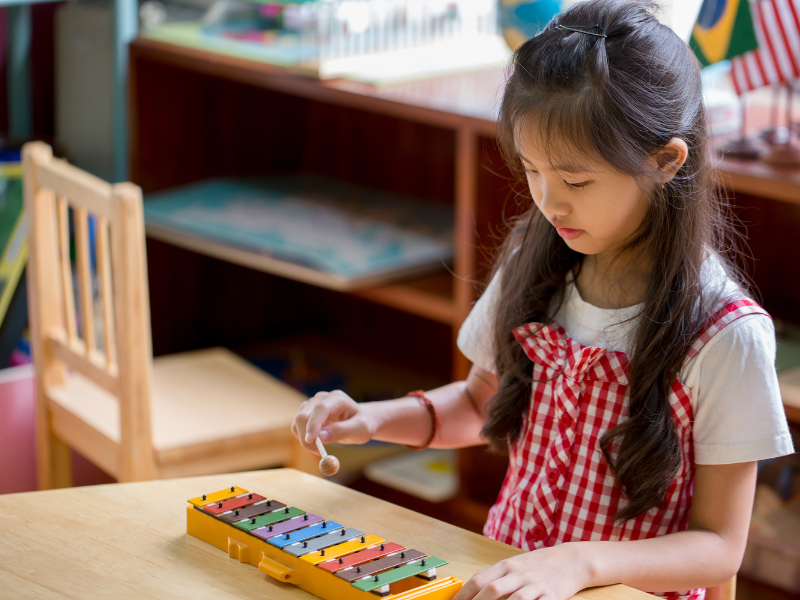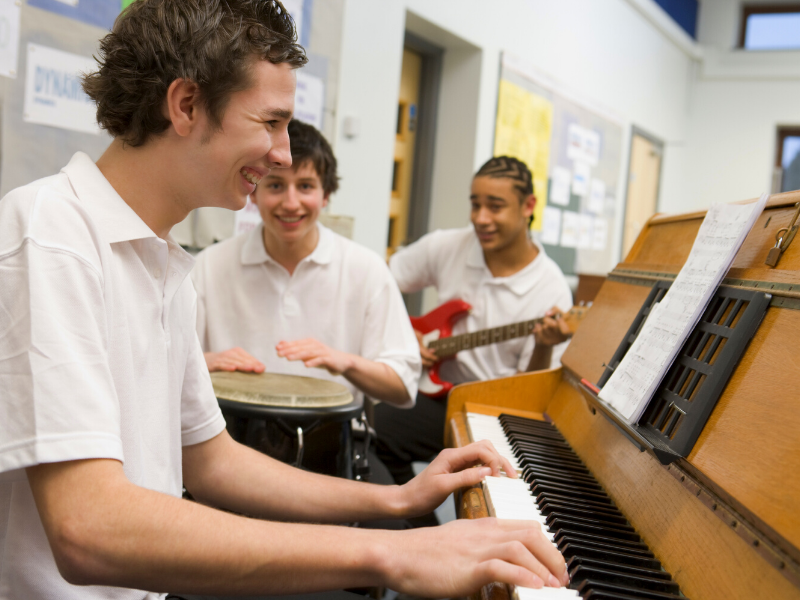
Research Updates

Here at Bigger Better Brains we believe that through educating yourself, you can then educate and affect positive change in your community.
With all of the research in the field of neuromusical science, our BBB Research section serves as a content hub for you. We regularly share findings and break down the latest research to educate and inspire discussion. We hope you enjoy this page on our website and share BBB news with your colleagues, parents and students.
How playing the drums changes the brain
In this recent study, drummers were researched because “Most people can only perform fine motor tasks with one hand and have problems playing different rhythms with both hands at the same time,” but, “Drummers can do things that are impossible for untrained people.”
What happens when one twin practises and the other doesn’t?
Talk about a great experiment. Researchers in Sweden surveyed 83 sets of monozygotic (identical) twins to find 10 pairs who fit the following criteria – only one sibling in each pair currently played a keyboard instrument (piano, organ, keyboard) and within the pair, a difference in total hours of music practice was at least 1000 hours.
Music Learning Helps Learning Difficulties
The ‘Music Learning Helps Learning Difficulties’ series consists of three information documents to provide you with the research behind how music learning helps a particular area of learning.
Why studying music and the brain is so fascinating, and so difficult
Studying how the brain processes music and how music changes the brain has fascinated neuroscientists for almost 30 years. But these two types of studies, how the brain processes music and how music changes the brain, are also very difficult.
What makes a musical prodigy?
Is it nature or nurture? Is it biological, magic or a quirk?
It is never too late to start learning piano
Research into music learning has found that, while it is a great activity for physical, cognitive, emotional and social development during childhood, it can be just as impactful to learn a musical instrument when we are adults.
Challenge your brain with different music!
This study looks at how our brains engaged with familiar and unfamiliar music. Turns out our brains sustains engagement with music that is unfamiliar.
Music is a neurobiological reward!
The reward network in our brains is one of the most fascinating areas of the brain. It is often the underlying network that propels our behaviour as well as override our good judgement. It is also one of the key networks in learning.
Music synchronises our brain!
There is a theory called the theory of familiarity in music. It is, as described at the end of this article, the idea of an inverted U.
Being musical is part of our human design
In today’s world, filled with myriad parenting methods and high-tech toys that promise to enhance infant development, it is easy to overlook how fundamental the time-honoured practice of music is for all children—starting pre-birth.
Everything in moderation, including syncopation and harmony
This new research looks at the emotive factors in music and uses an idea called the “inverted U”.
Where does perfect pitch come from?
There is a great deal of debate around this question. In the research, the term Absolute Pitch (AP) is used for the more common term of perfect pitch. This recent study points to a stronger genetic link than previously thought.





















